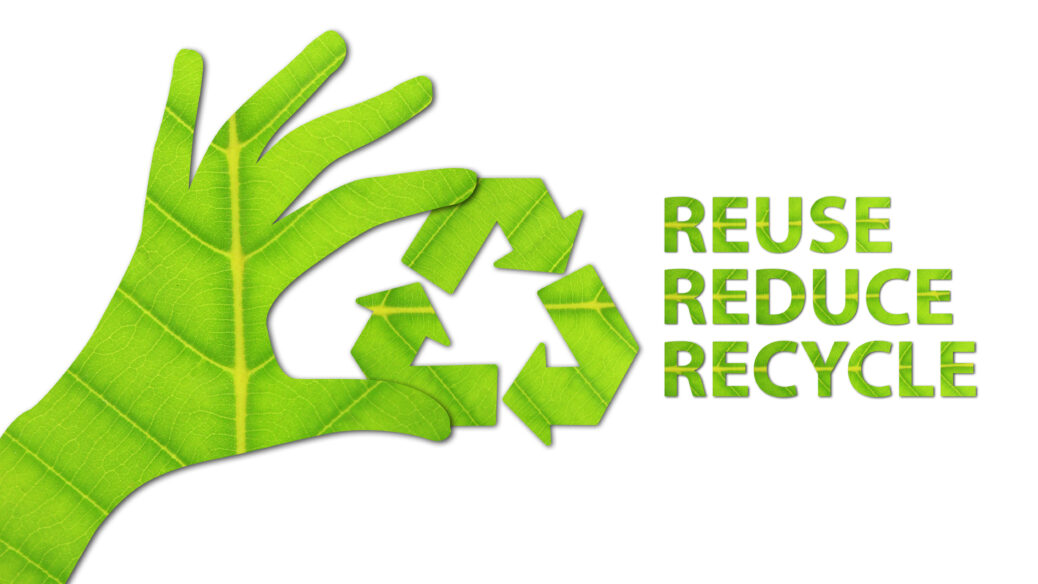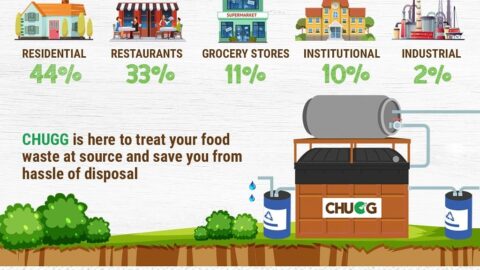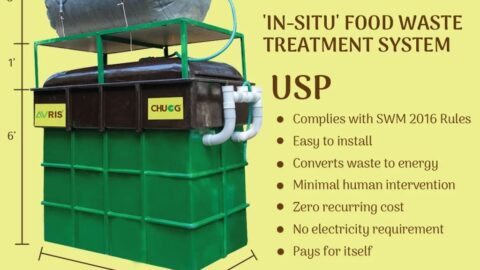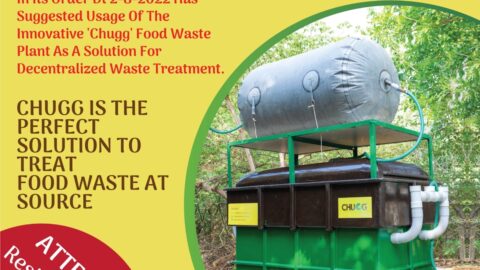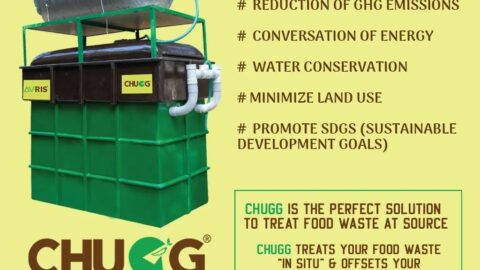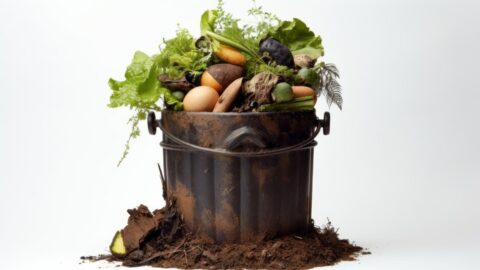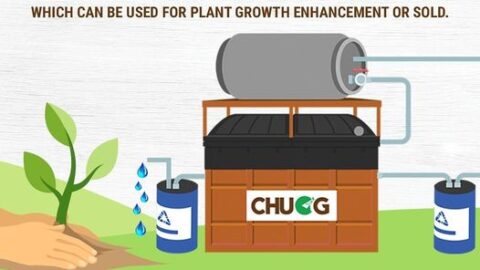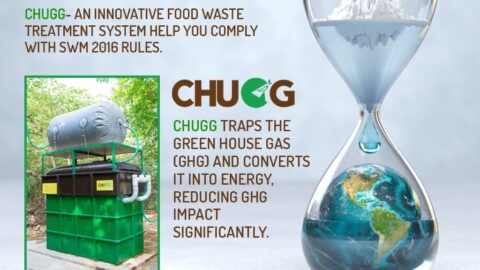Food waste is the biggest problem faced by our planet. Food waste starts happening long before it reaches our plate. About 30% percent of food produced annually around the globe doesn’t even make it to the table. They are lost in the early stages due to many reasons. This lost or wasted food and the energy used to produce them all add to the growing problem of climate change.
Yes, this is because all food generates greenhouse gas to reach our plates. When nearly 30-40% of food is wasted then almost all the resources used for producing them are also wasted. Processing, transporting, packaging, and other processes involved in food production emit greenhouse gas. Finally, when this food is thrown away it rots to emit greenhouse gases into the atmosphere.
Reasons for food waste
On average about millions of tons of food is wasted by the food industry per year. This happens at the consumer or retailer stage. For instance, restaurants/hotels/café throw away the food that is not ordered by customers also the excess ingredients that are used up. Supermarkets and shops throw away fruits and vegetables purely for cosmetic reasons, such as shape, size, and color. Unfortunately, this food waste ends up in the landfill where it decomposes to emit greenhouse gases that are responsible for climate change. Therefore landfills are a serious problem for our environment. When anaerobic microbes feed on food waste they emit a very potent greenhouse gas called methane, which is 21 times harmful than carbon dioxide.
Benefits of food waste recycling
Recycling your leftovers or wasted food at home using a food waste treatment system has a long list of benefits for you, your environment, and your community.
- Recycling reduces the amount of garbage collected in turn reducing the amount of food waste reaching the landfill.
- Recycling saves you money. The by-product Biogas can be used as your daily cooking gas and the manure can be sold to organic farms.
- If you own a garden or farm it saves you from buying chemical fertilizers.
- Using it in your garden gives you more yield thereby reducing the amount of food you buy
- Improves soil nutrients and requires less water for irrigation
What food waste can be recycled?
You must know that everything that goes to the bin from your table cannot be recycled.
What you can add: Meat, fruits, vegetables, dairy products, rice, lentils, eggshell, citrus fruits, any plant material, and oil from the plate
What you cannot add: Plastics, wood, cardboard, glass, and other materials that are man-made.
How to recycle food waste at home
Kitchen scraps and food waste are generated every day in every household. Install CHUGG- an innovative food waste treatment system in India that treats your food waste, kitchen scraps, and any plant-based material at the source. Therefore eliminates the emission of Greenhouse gas into the atmosphere.
The food waste is crushed with water and fed into CHUGG. There it undergoes anaerobic digestion to produce two end products, namely Biogas, and digested Bio-slurry. The emitted gas is stored in a chamber and is converted into Biogas. Biogas replaces the use of fossil fuel and reduces your LPG bills. Whereas Bio-slurry is a soil nutrient that can be used in your own farm organic be sold to organic farms. Hence CHUGG offset your investment with Biogas and Bio-slurry.
All you have to do is feed CHUGG every day. The Biogas produced depends on the amount of food waste and the digester. Usually, CHUGG can produce 4 cum of biogas per 75 kgs of food waste which is equal to 2kgs of LPG per day.
How to reduce food waste
Here are a few tips to reduce your food waste which is easy and simple to adopt
- Plan your meal for a week and buy only those products that you can use.
- Always know what is left in your refrigerator or kitchen to ensure you don’t buy the same product again and again. Follow the FIFO method.
- Buy only what you need.
- Study or research to know how to store or refrigerate food products to keep them longer.
- Always take time to chop, dry, slice, dice, and store your fresh foods in a storage container.
- Freeze meat and bread products if you can’t eat in time.
How to reuse food waste
There are ample solutions available on the internet that are easy to reuse food waste. For example, you can dry fruit and vegetable peels and use them later for cooking or brew some tea. Wilted fruits and veggies make a great smoothie. There are several ways to re-purpose your kitchen scraps and lessen the amount of food waste reaching the landfill.

